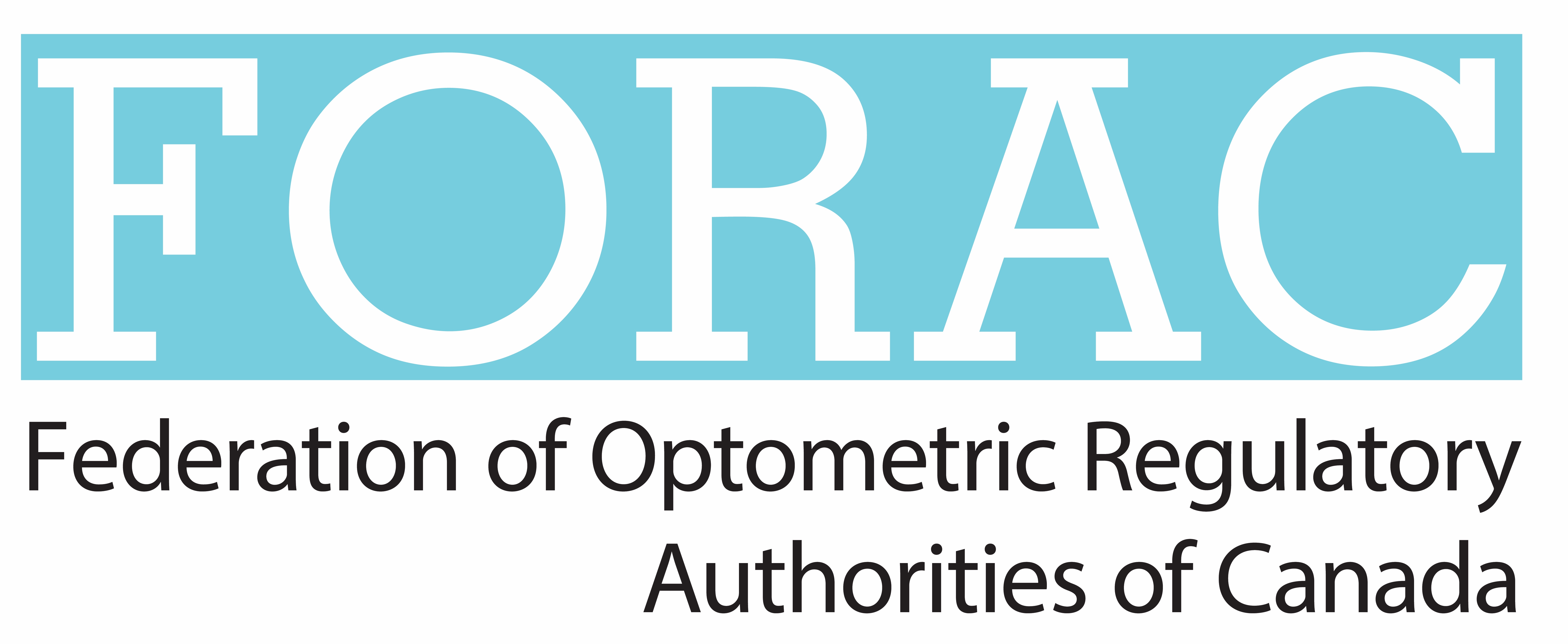FAQ
An optometrist is an eye doctor that has completed a 3 or 4 year B.Sc. degree and an additional 4 year Doctor of Optometry degree. Optometrists are educated, trained and licensed to examine, assess, measure and diagnose disorders and diseases of the human visual system, the eye and its associated structures as well as recognize related systemic conditions (such as diabetes). Optometrists also prescribe eyeglasses, contact lenses, low vision aids, vision therapy and pharmaceutical prescriptions in the treatment of eye disorders and disease. They also remove foreign bodies from the eye and conduct research in the visual sciences.
An ophthalmologist is a physician that has completed a 3 or 4 year B.Sc. degree, a 4 year Doctor of Medicine degree, a 2 year medicine internship and an additional 3 or 4 year residency specializing in surgery and treatment of eye disease. Ophthalmologists usually do not provide regular eye examinations; but rather, provide consultations upon referral from other physicians and optometrists and surgical treatment of eye disease.
In order to be registered, an optician may complete either a 6 month program or a 2 year (home study ot full time) course in a technical school. Opticians are trained to supply, prepare and dispense optical appliances, interpret prescriptions prepared by optometrists or ophthalmologists, and fit, adjust and adapt optical appliances. Opticians may also be known as ophthalmic dispensers.
All health care professionals have to be licensed/registered in the province where they practice. In addition, these professionals also have to follow strict guidelines and standards of practice with regard to diagnosis and treatment procedures. Internet and mail-order companies do not have to follow any guidelines or standards of practice and the personnel working at these companies may not be licensed/registered.
Since eyeglasses and contact lenses are important health devices, we recommend that patients purchase their eyeglasses and contact lenses only from licensed/registered professionals. Should an issue arise with the diagnosis of your condition or the eyeglasses / contact lenses, the patient has a health professional ready to rectify the situation. If a reasonable solution cannot be found, the patient can also ask for the assistance of the regulatory college in their province. Internet and mail-order companies do not have to answer to anyone, nor follow any guidelines or standards.
As a general rule of thumb, since approximately 80% of what a child learns comes through their visual system, it is advisable for children have yearly check-ups. In the absence of any clinical finding, young and middle-age adults may present for a regular eye exam every two years. Since older adults and seniors have a higher propensity to develop a variety of eye and health conditions, it is advisable for them to be examined every year.
Vision and eye health problems are not always readily evident. Your optometrist will recommend an appropriate time period for your next regular eye examination based on your current general and eye health status, family history and environmental factors. , it is advisable to ask your optometrist the optimum time before your next regular eye examination. They will be able to determine your optimum interval based on your family history, medical condition, vision status and environmental factors.
Contact lenses are considered medical devices and must be prescribed by a regulated professional and maintained by the patient in a proper manner. Recently, some beauty salons and shopping mall kiosks have attempted to sell these tinted lenses as cosmetic items to customers – unaware of the potential danger.
If the contact lens is not fit properly, the wrong material chosen for the patient’s lifestyle and/or the contact lens is not cleaned and disinfected properly, permanent eye damage or even blindness may result.
In addition … do not share, borrow or exchange your contact lenses (or your contact lens case) with anyone else. The bacteria, viruses and other potent pathogens potentially on contact lenses and/or cases may cause serious eye infections and damage.

